India's Politics: From kids' point of view
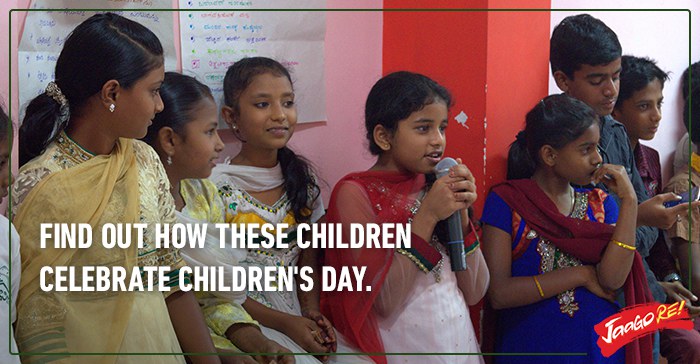
Gone are the days where children were offered candy and materialistic gifts by their teachers and parents on Children's Day. APSA (Association for Promoting Social Action) has teamed up with UNICEF (United Nation Children's Fund) to create a special gift that goes by the name "Children's Parliament". It has largely benefitted many children from lower economic backgrounds and is now a hit with school students aged 8 and above. Every year as part of Children's Day celebrations, the APSA Dream School reaches out to children from the urban poor classes and slum communities to put together a mock parliament, specially designed to address a multitude of children's issues. The theme for Children's Day this year is 'Child Labour. Child Trafficking. Sexual Health. Juvenile Justice.' Jaago Re brings to you, this
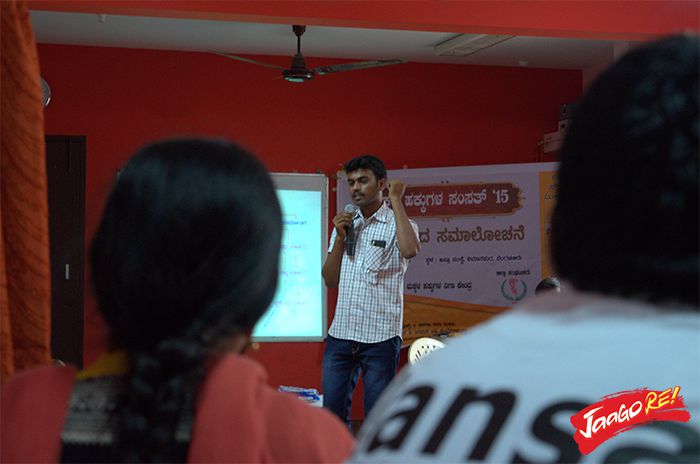
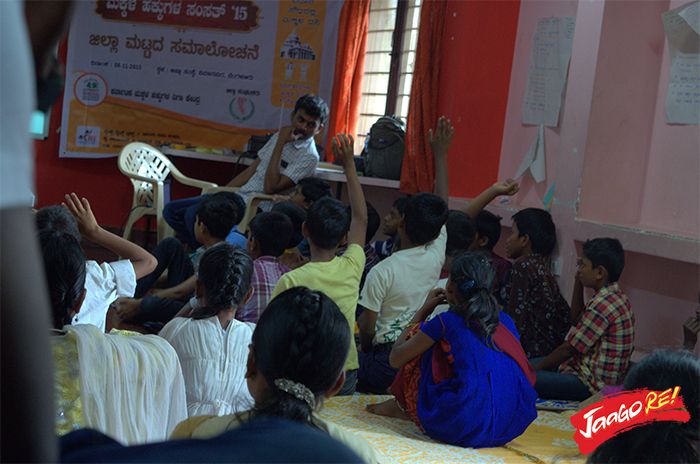
Taboo-less/Open minded discussions with children.
APSA doesn't shy away from discussing what most schools in India don't address. They have an open talk with children about sexual health and diseases. The children are very receptive to the information that is being given. They spontaneously participate in discussions, offering their opinion on how best sexually transmitted diseases can be prevented. There is no ambiguity from either side when it comes to asking questions and getting doubts clarified. This is a positive takeaway as it creates mass awareness at the grassroots and is a communal benefit.
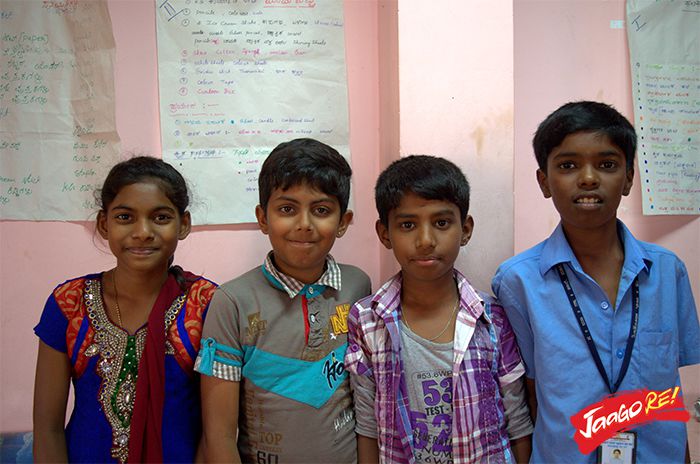
A sense of self-empowerment and a sense of responsibility.
Jaago Re asked a few of the children how they feel after attending the Children's Parliament, here's how they responded.
"We've seen most of our friends from the other residential areas carrying heavy load of stones or sand for their employers. Many of them used to attend school after coming straight from the factories. It never occurred to us that it was illegal, that it was something we as young children aren't supposed to do. As children, how do we say no? Adults are physically stronger than us, sometimes they beat us if we refuse. Even at home, we were always taught to not question back anything that was being told to us. After learning that we as children have rights, we've understood that we can learn to say no. We can demand for education and the resources that enable us to become educated. It doesn't stop with just ourselves. We want to, and will help out any other child we see. Especially the ones who are in trouble. Slowly, we want to start involving all the adults in the neighbourhood as well, so that we as children have leverage when adults are backing us."
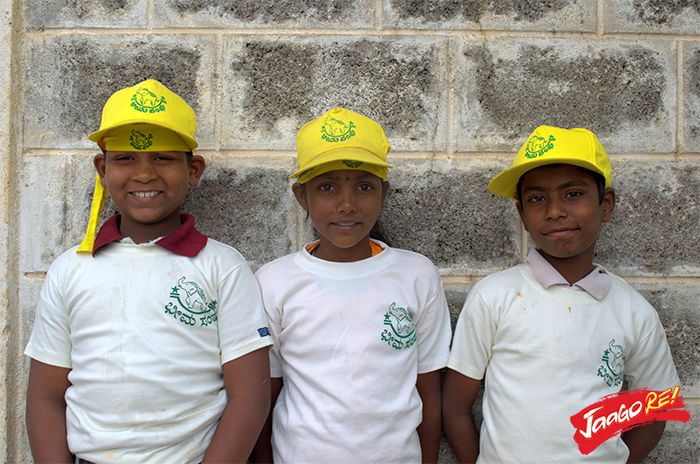
Understanding the need for gender equality.
"Did you know that currently not many girl children get to go to school? It's because people think girls shouldn't be educated. We learnt that it must not be encouraged because everybody deserves a good life, and so do girls. Empowering a girl child is like empowering an entire community. Not only does she get educated, she also educates her children in the future. We also know that it is everybody's duty to help out at home. There is no rule that says mother should only clean and father should only go to work. If we don't help out each other as a family who will?"
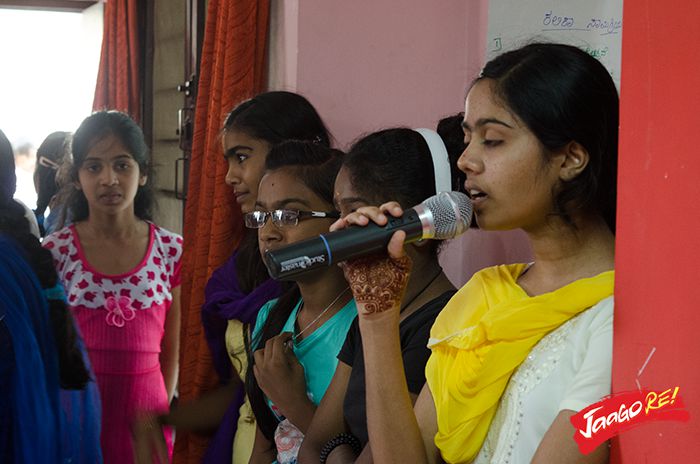
Learning to speak for the self and voicing out concerns without ambiguity
"Our democracy calls for being participative and proactive, but we don't see many of the adults in our society living up to it. If there is a power cut, nobody makes efforts to even find out why. If there is a trash can that is overflowing, people don't make efforts to clean it up or call the BBMP to get it cleaned. When there is heavy rain,the sewage drain gets clogged and the roads are water logged. So whose responsibility is it? We've been taught to take action for ourselves, we now report all civic issues to the BBMP or the area MLA. We may still be in school, but this is our way of bringing notice to issues that need desperate measures."
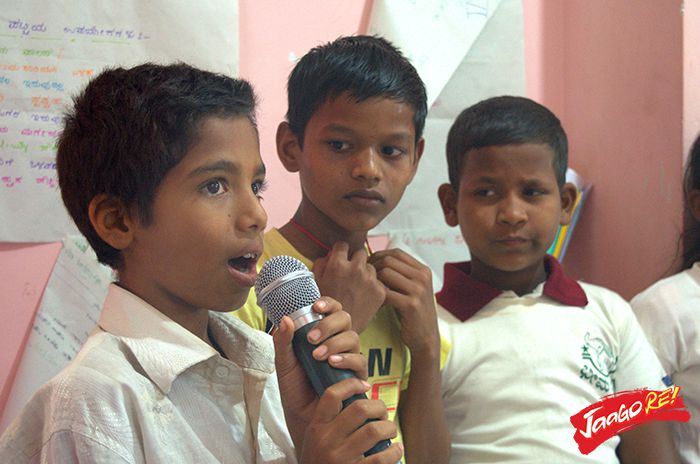
Questioning inaction from society and its local authorities
"Many people do not vote, but they have a lot of questions to ask the local governing bodies. There are people who vote, but they don't follow up to see if the progress promised by the elected bodies is being made or not. Society is in a state of denial, the elders don't accept that they are all fault for failing to show that they care enough about their own streets. Great cities don't happen overnight. They require a lot of hard work and patience. However, that is not the case in our city. We live in ignorance and inaction."
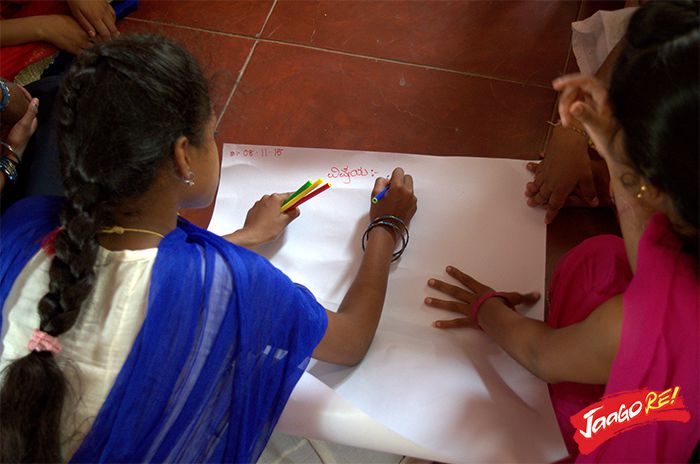
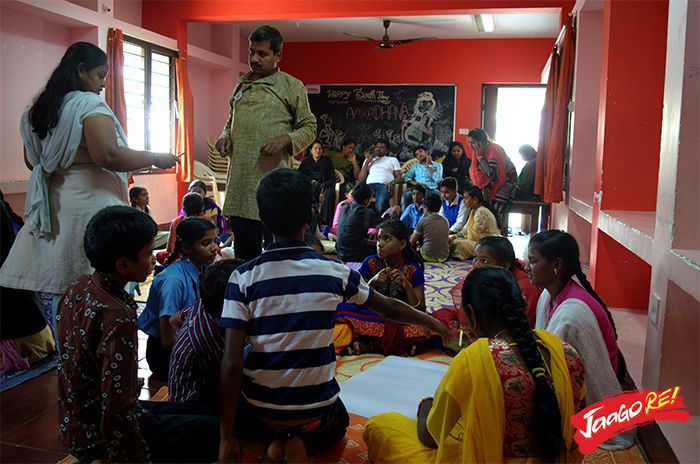
Final thoughts:
Towards the end of the Children's Parliament, all of the discussion points are penned down by the children on to a large chart sheet. Children collectively discuss amongst themselves, without any adult's supervision and interference. They note down everything that they think requires attention from the local government. The charts are later sent to the Vidhan Soudha in Bangalore, where Child Rights workers pass them on to government authorities.
This is how children are making a difference for themselves and the society they live in, on Children's Day. As adults, we may fail to ask questions to ourselves, but when one is asked those very questions by these young children, it is impossible to escape feelings of guilt and shame.
Children are truly an asset to our growing culture and nation. They look up to as idols and role models. Let us in turn respect them, by not disappointing their image of us.
Happy Children's Day!
Share this story on





